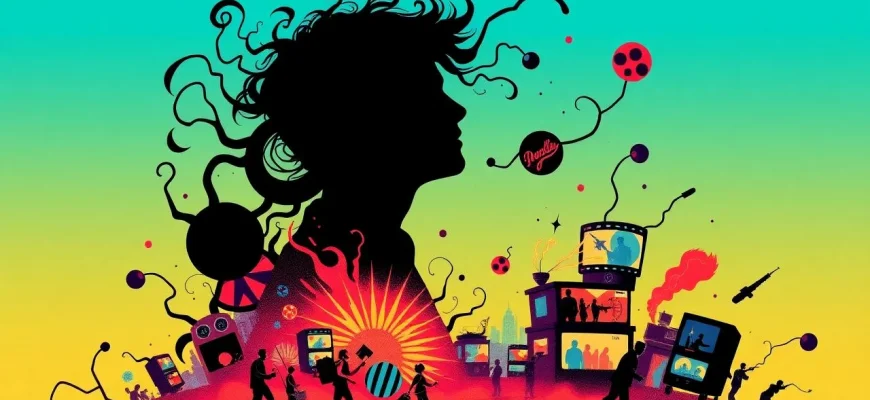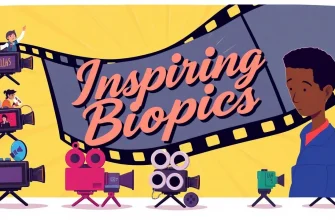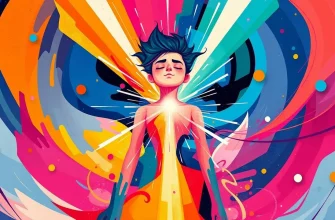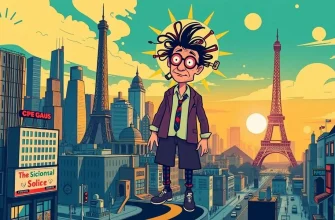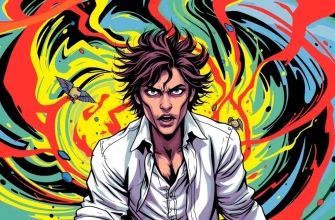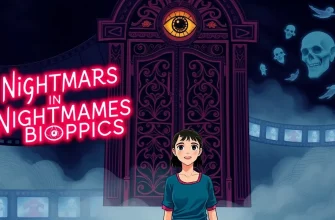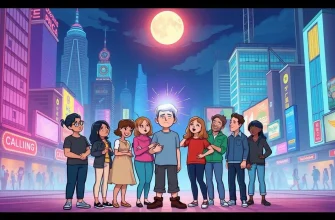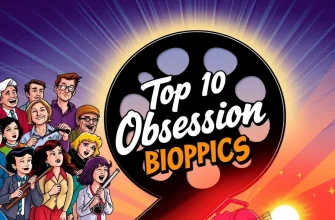Dive into the fascinating world of biopic films that explore the theme of madness. These films not only entertain but also offer a profound look into the lives of individuals who have experienced mental turmoil, providing insights into the human condition. Whether it's the genius teetering on the edge or the tragic descent into insanity, these stories are both compelling and enlightening, offering a unique perspective on the fine line between brilliance and madness.
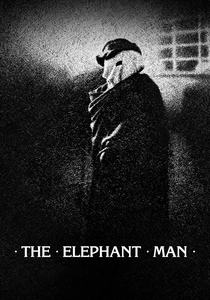
The Elephant Man (1980)
Description: While not directly about madness, this film explores the societal treatment of those deemed 'different', including the mental anguish experienced by Joseph Merrick, known as the Elephant Man.
Fact: David Lynch directed this film, which was nominated for eight Academy Awards. John Hurt's performance as Merrick was highly praised.
 Watch Now
Watch Now
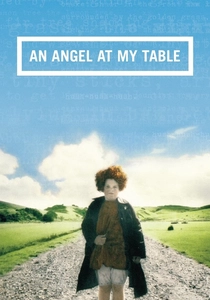
An Angel at My Table (1990)
Description: This biographical drama chronicles the life of New Zealand writer Janet Frame, whose misdiagnosis of schizophrenia led to years in mental institutions, yet she emerged as a celebrated author.
Fact: Directed by Jane Campion, this film was critically acclaimed and won the Grand Jury Prize at the Venice Film Festival.
 Watch Now
Watch Now
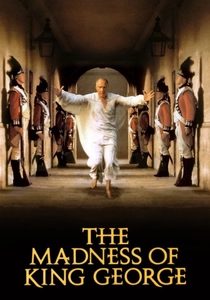
The Madness of King George (1994)
Description: This film explores the mental decline of King George III, offering a historical perspective on mental illness and the treatment of the time, as well as the political intrigue surrounding his condition.
Fact: The film was based on the play "The Madness of George III" by Alan Bennett. It was nominated for four Academy Awards.
 Watch Now
Watch Now
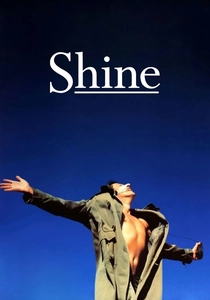
Shine (1996)
Description: This biopic tells the story of David Helfgott, an Australian pianist whose genius is marred by mental illness, offering a heartfelt portrayal of his struggle and eventual triumph.
Fact: Geoffrey Rush won an Academy Award for his portrayal of Helfgott. The real David Helfgott performed the piano pieces heard in the film.
 Watch Now
Watch Now
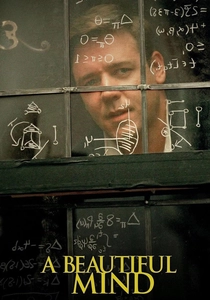
A Beautiful Mind (2001)
Description: This film delves into the life of John Nash, a brilliant mathematician whose genius is overshadowed by his battle with schizophrenia. It's a poignant exploration of how the mind can both create and destroy.
Fact: The film was based on Sylvia Nasar's biography of the same name. Russell Crowe gained weight for the role to portray Nash's aging and deteriorating mental state.
 Watch Now
Watch Now
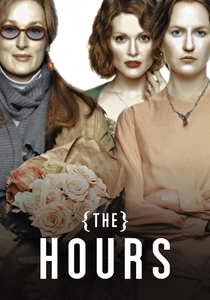
The Hours (2002)
Description: This narrative weaves together the lives of three women across different eras, all connected by Virginia Woolf's novel "Mrs. Dalloway" and their struggles with mental health issues, showcasing the universal themes of despair and hope.
Fact: The film features three actresses playing Virginia Woolf at different stages of her life, with Nicole Kidman winning an Oscar for her portrayal.
 Watch Now
Watch Now
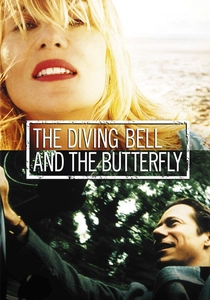
The Diving Bell and the Butterfly (2007)
Description: This film captures the life of Jean-Dominique Bauby, who, after a stroke, could only communicate by blinking one eye. His story is one of resilience and the human spirit's ability to transcend physical limitations.
Fact: The film was shot from Bauby's perspective, with the camera often placed to mimic his limited field of vision. The real-life editor of Elle magazine, where Bauby worked, was involved in the film's production.
 Watch Now
Watch Now
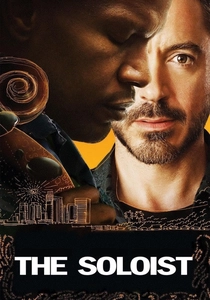
The Soloist (2009)
Description: This film follows the life of Nathaniel Ayers, a talented musician who falls into homelessness and mental illness, highlighting the intersection of art, madness, and human connection.
Fact: Jamie Foxx learned to play the cello for his role, and the film was based on a true story reported by Steve Lopez.
 Watch Now
Watch Now
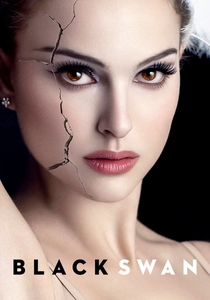
Black Swan (2010)
Description: While not strictly a biopic, this film captures the psychological descent of a ballerina, Nina, as she strives for perfection, mirroring the madness often associated with artistic genius.
Fact: Natalie Portman trained for a year to perform the ballet sequences, and her performance was critically acclaimed, earning her an Academy Award.
 Watch Now
Watch Now
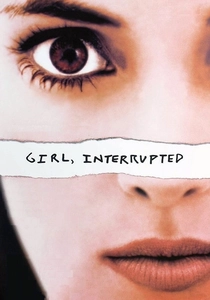
Girl, Interrupted (1999)
Description: Based on Susanna Kaysen's memoir, this film provides an intimate look at life in a psychiatric hospital, exploring themes of identity, mental illness, and the societal perceptions of madness.
Fact: Angelina Jolie won an Oscar for Best Supporting Actress for her role as Lisa Rowe, a charismatic but troubled patient.
 Watch Now
Watch Now

